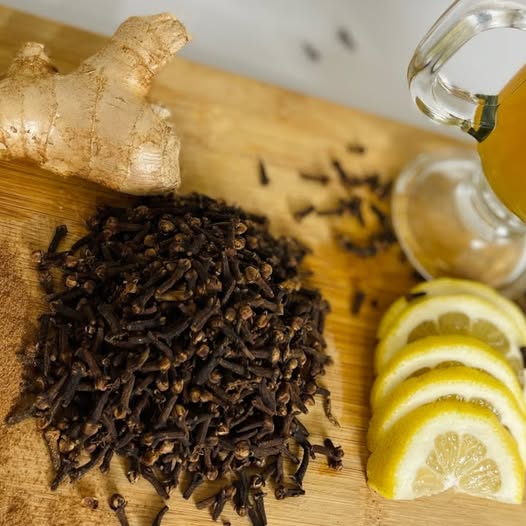
Avocados are highly nutritious and generally beneficial to most people’s health when consumed as part of a balanced diet. They are rich in healthy fats, fiber, vitamins, and minerals. However, like any food, avocados may not be suitable for everyone, and in rare cases, they can be associated with specific health concerns. Here are some potential issues to be aware of:
1. Allergic Reactions
Some individuals may experience an allergic reaction to avocados. There are generally two types of avocado allergies:
-
Oral Allergy Syndrome (OAS): This is usually related to birch pollen allergies and manifests as itching or swelling in the mouth and throat shortly after consuming avocado.
-
Latex-Fruit Syndrome: Avocado is one of the fruits that can trigger this syndrome due to the presence of certain compounds similar to those found in natural rubber latex. Symptoms can range from skin rashes and hives to more severe reactions like difficulty breathing.
2. Liver Issues
Avocados contain two estragole and anethole compounds, which have been shown to cause liver damage in some animals under certain conditions. However, the amounts typically consumed by humans are generally considered too low to be harmful.
3. Medication Interactions
Avocado can interact with certain medications due to its high vitamin K content, which can affect blood-thinning drugs like warfarin (Coumadin). People on such medication are often advised to keep their vitamin K intake consistent and should therefore not suddenly change their avocado consumption without consulting a healthcare provider.
4. Gastrointestinal Problems
While the fiber in avocados can benefit those with constipation, excessive intake might lead to gastrointestinal discomfort such as bloating, gas, or more severe constipation, especially for individuals not used to high-fiber diets.
5. High Caloric Content
Avocados are calorie-dense due to their high fat content. Although these are mostly healthy monounsaturated fats, excessive consumption without adjusting other calorie sources can lead to weight gain.
6. Pregnancy and Nursing
Generally, avocados are safe and beneficial during pregnancy and nursing. However, due to the lack of extensive research on the effect of high doses of some of the compounds found in avocados, moderation is advised.
Recommendations
-
Moderation is Key: Like any other food, avocados should be eaten in moderation. Incorporating them as part of a varied diet helps to balance their intake with other necessary nutrients.
-
Consult Healthcare Providers: If you have a pre-existing condition, are pregnant, nursing, or taking any medications, it’s wise to consult a healthcare provider about your diet, including avocado consumption.
-
Allergy Tests: If you suspect an allergy to avocado, consider getting tested by an allergist to determine the best dietary approach.
In summary, while avocados are generally safe and healthy, awareness of potential issues and consuming them judiciously can help mitigate any negative impacts on health.




